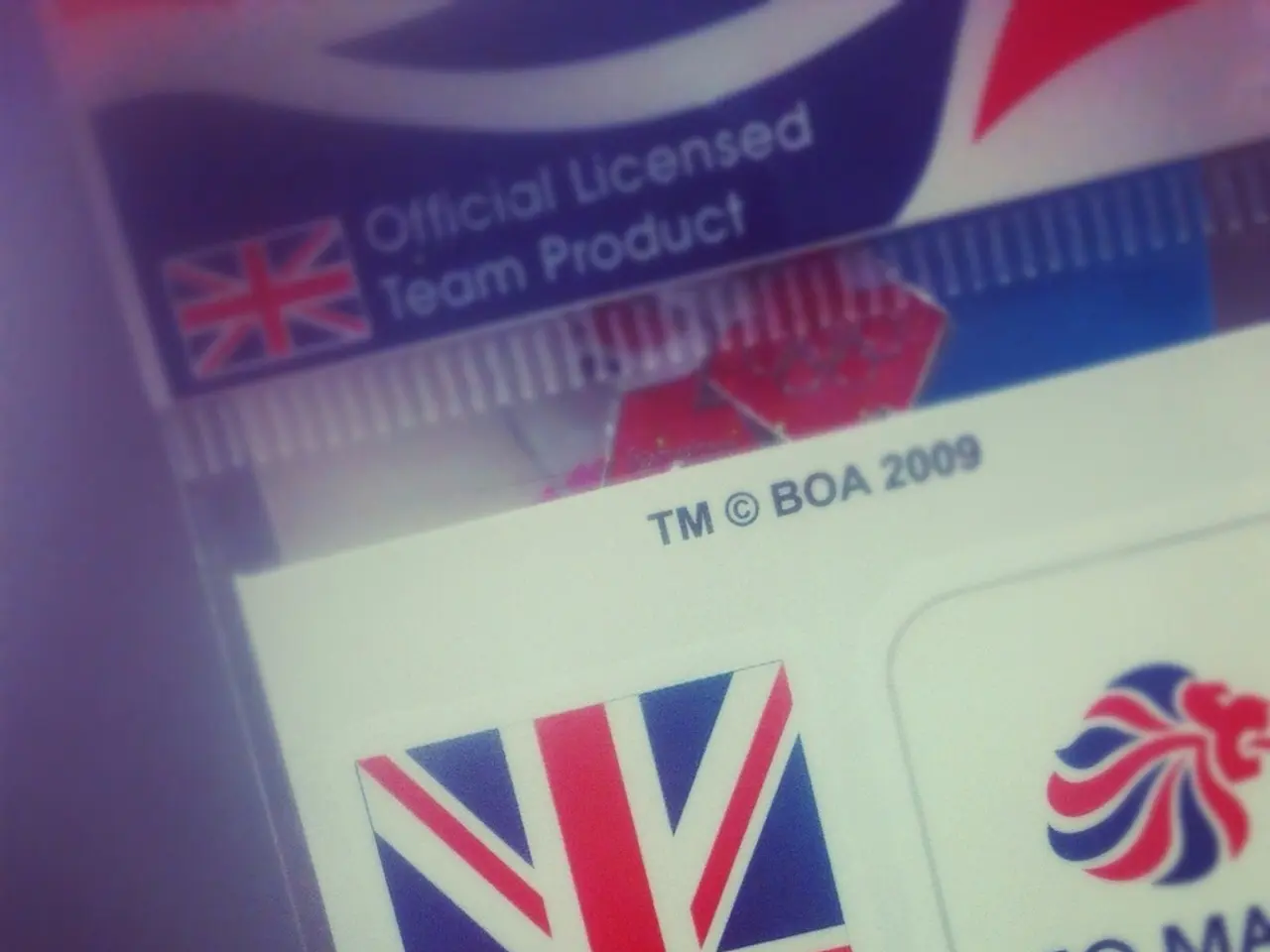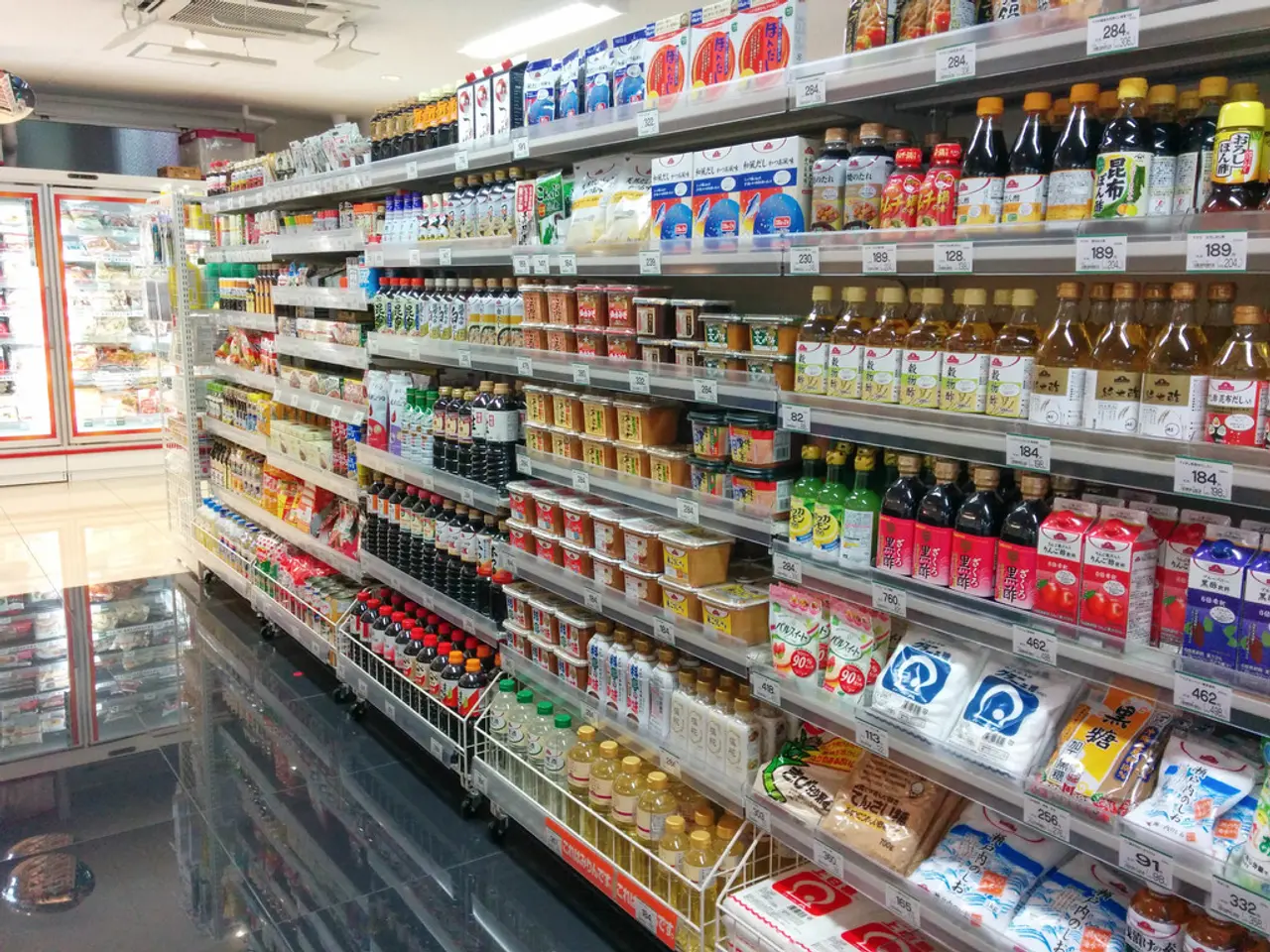PayU's Global Payments Express (GPO) enters Nigeria with the introduction of Account-to-Account (A2A) services, simultaneously announcing a new Country Manager for South Africa.
**Modernizing Payment Ecosystems Across Africa: PayU GPO's Investment and SARB's PEM Program**
The South African Reserve Bank (SARB) and digital payments company PayU GPO are driving significant changes in the payment landscape across the continent, with a shared vision of making digital payments more accessible, affordable, and interoperable.
SARB's Payment Ecosystem Modernization (PEM) program is a comprehensive initiative aimed at transforming the national payments system. One of the key objectives is to establish a national payments utility (NPU), which will facilitate real-time, cash-equivalent transactions for financial service providers. This shift from traditional systems like EFTs to faster, more inclusive alternatives is expected to revolutionize the payments industry.
SARB is also exploring the launch of its own affordable digital wallet and is considering replacing or supplementing legacy systems with more advanced solutions. Integrating non-bank players, such as fintechs and mobile money providers, into the payments system is another core goal of the PEM program. Enhancing authentication methods for security and convenience, as well as promoting the use of fast payment systems like QR codes, are also high on the agenda.
The PEM program also lays the groundwork for a potential central bank digital currency (CBDC), positioning South Africa for a broader financial transformation that could increase efficiency and inclusion.
However, the implementation and adoption of modern payment systems face several challenges. For instance, the rapid payment system PayShap, designed to facilitate instant transfers using mobile numbers as account aliases, has seen limited adoption due to issues like inconsistent pricing, lack of proxy standardization, poor joint marketing, and varying user experiences across banks. Cost barriers, the absence of a dense network of merchant acceptance, particularly in the informal sector, and financial inclusion are other hurdles that need to be addressed.
PayU GPO, with its recent investment in the region, is poised to address these challenges. The company has received PCI DSS v4.0.1 Attestation of Compliance (AoC) for both South Africa and Nigeria, demonstrating its commitment to implementing comprehensive security controls tailored to regional requirements. Imraan Appleby, Africa Head of Product at PayU GPO, emphasized the importance of Account-to-Account (A2A) payments and mobile-first methods in PayU GPO's strategy in Africa.
Ryan Engel, the new Country Manager for PayU GPO in South Africa, will oversee the development of local strategies, establish partnerships, and enhance PayU GPO's presence in the country. Engel, with expertise in payments and digital transformation, is excited about shaping the future of digital payments in South Africa and across the continent.
The success of PEM and PayU GPO's expansion will depend on how effectively these systemic and behavioral challenges are overcome in the coming years. Collaboration between SARB, banks, fintechs, and technology providers like MoData is critical to refining the digital currency framework and ensuring interoperability and innovation in the payments ecosystem.
In conclusion, the PayU GPO's investment and SARB's PEM program represent a pivotal shift in the financial infrastructure of South Africa and the continent at large. These initiatives have the potential to drive greater efficiency, inclusion, and resilience in the economy, provided that the challenges of adoption, harmonizing pricing and standards, expanding merchant acceptance, and fostering industry-wide collaboration can be successfully addressed.
- Imraan Appleby, Africa Head of Product at PayU GPO, underscores the importance of Account-to-Account (A2A) payments and mobile-first methods in PayU GPO's strategy in Africa.
- Ryan Engel, the new Country Manager for PayU GPO in South Africa, will oversee the development of local strategies, establish partnerships, and enhance PayU GPO's presence in the country.
- The PEM program also lays the groundwork for a potential central bank digital currency (CBDC), positioning South Africa for a broader financial transformation that could increase efficiency and inclusion.
- The South African Reserve Bank (SARB) is considering replacing or supplementing legacy systems with more advanced AI solutions for its digital wallet and other payment systems.
- The success of PEM and PayU GPO's expansion relies on enhancing authentication methods for security and convenience, as well as promoting the use of fast payment systems like QR codes.
- The implementation and adoption of modern payment systems face challenges, such as cost barriers and the absence of a dense network of merchant acceptance, particularly in the informal sector, which need to be addressed for widespread financial inclusion.




